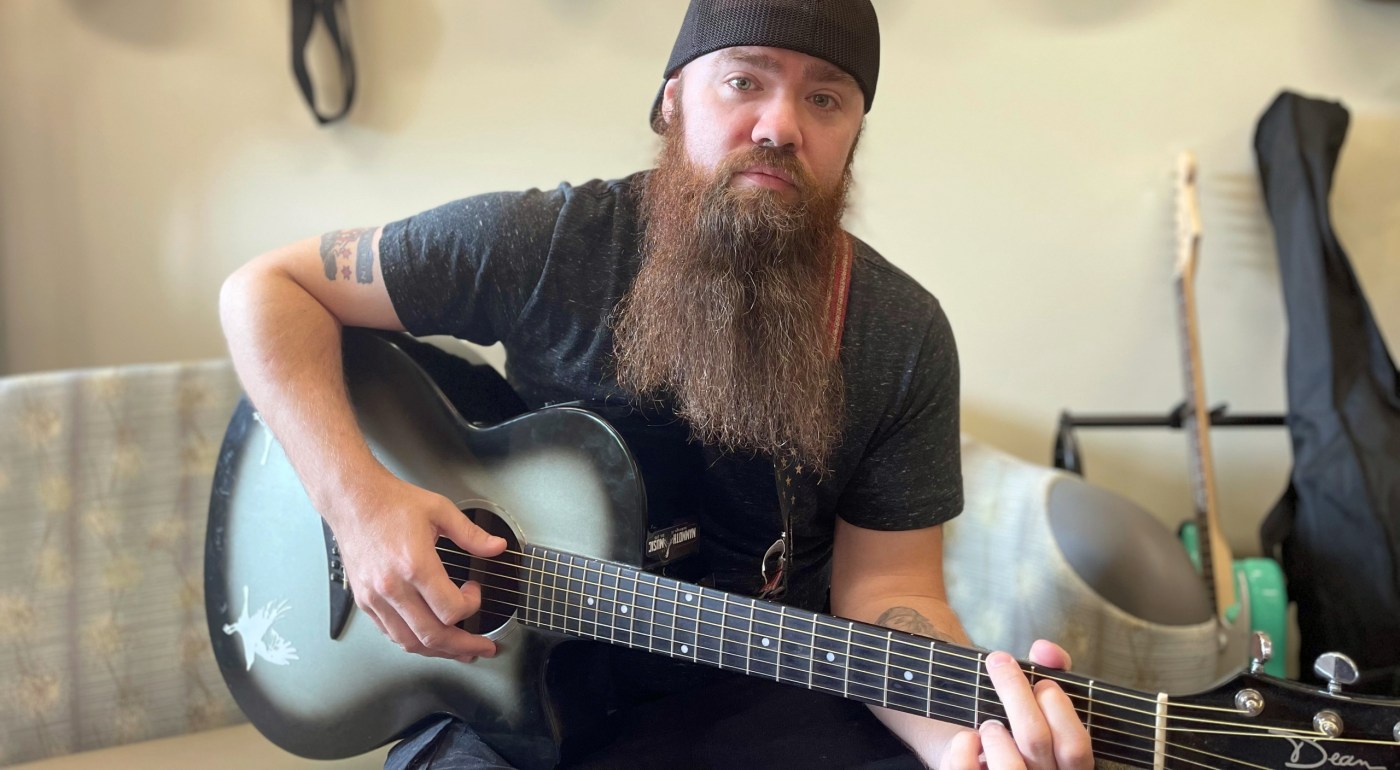When Army Veteran Sean Young was first approached by Veteran Justice Outreach (VJO), he had his doubts. Young was in jail on an assault charge and was waiting to be released.
“I wasn’t exactly sure I wanted to do it, but I figured I needed some help,” he said.
VJO helps identify and connect justice-involved Veterans with resources, like recovery services, treatment programs, and community outreach projects. By working with therapeutic courts like Veterans Court, Veterans can get treatment, in addition to a possible legal benefit.
VJO social workers search for Veterans currently involved with the legal system, whether they are in jail, working with the courts, incarcerated, or looking to soon be released.
Samantha Adams-Lahti, an Alaska VA Healthcare VJO social worker, helps get justice-involved Veterans connected with treatment options. She helps get a Veteran’s medical notes transferred to a VA provider from the Department of Corrections so they can get their medication after they are released.
How to connect with different services
“I’ve had Veterans who were incarcerated 10, 15, 20 years and that’s a lot of anxiety,” Adams-Lahti said. “We try to normalize concerns like how to get connected with different services once they get released.”
Veteran Young started the program in December 2019, going through VJO’s 12-step program with counseling and classes.
What really made a difference was when he started moral reconation therapy (MRT), a form of therapy that helps you acknowledge your past choices and work towards repairing relationships and building your life goals.
“See life for what it’s worth.”
“I felt for once in my life I could see everything in color,” Young said. “Taking the sunglasses off, I could see life for what it’s worth.”
Young graduated from the program in October 2020. Since then, he has become a advocate for VJO and works with the alumni group to connect fellow Veterans with resources.
Having gone through the process himself, Young says it’s tough. He remembers being hardheaded and not believing he would get anything out of it.
“I thought I was the worst person in the room so I didn’t want to share,” he remembered. “Just because you’ve done something wrong doesn’t mean you can’t come back from it.”
Alumni like Young and other Veterans help as peer support in VJO, and there is a strong community built towards helping justice-involved Veterans.
He encourages all Veterans who find themselves in a situation like he was in to take a chance and give the program a try.
“If I can do it, anyone can do it,” he said.
Learn more: https://www.va.gov/homeless/vjo.asp
Topics in this story
More Stories
Veteran Byron Potier weighed almost 300 pounds and was tired and lethargic. He was the perfect candidate for gastric sleeve surgery.
How much do you know about VA care, benefits and services? Don’t miss out on what you've earned—check out the "2025 VA Federal Benefits Guide for Veterans, Dependents, Survivors, and Caregivers" handbook to learn more.
Feeling stressed? Your breath can help you relax and focus. Take 3 minutes to reset and prioritize your well being for this week's #LiveWholeHealth practice.






